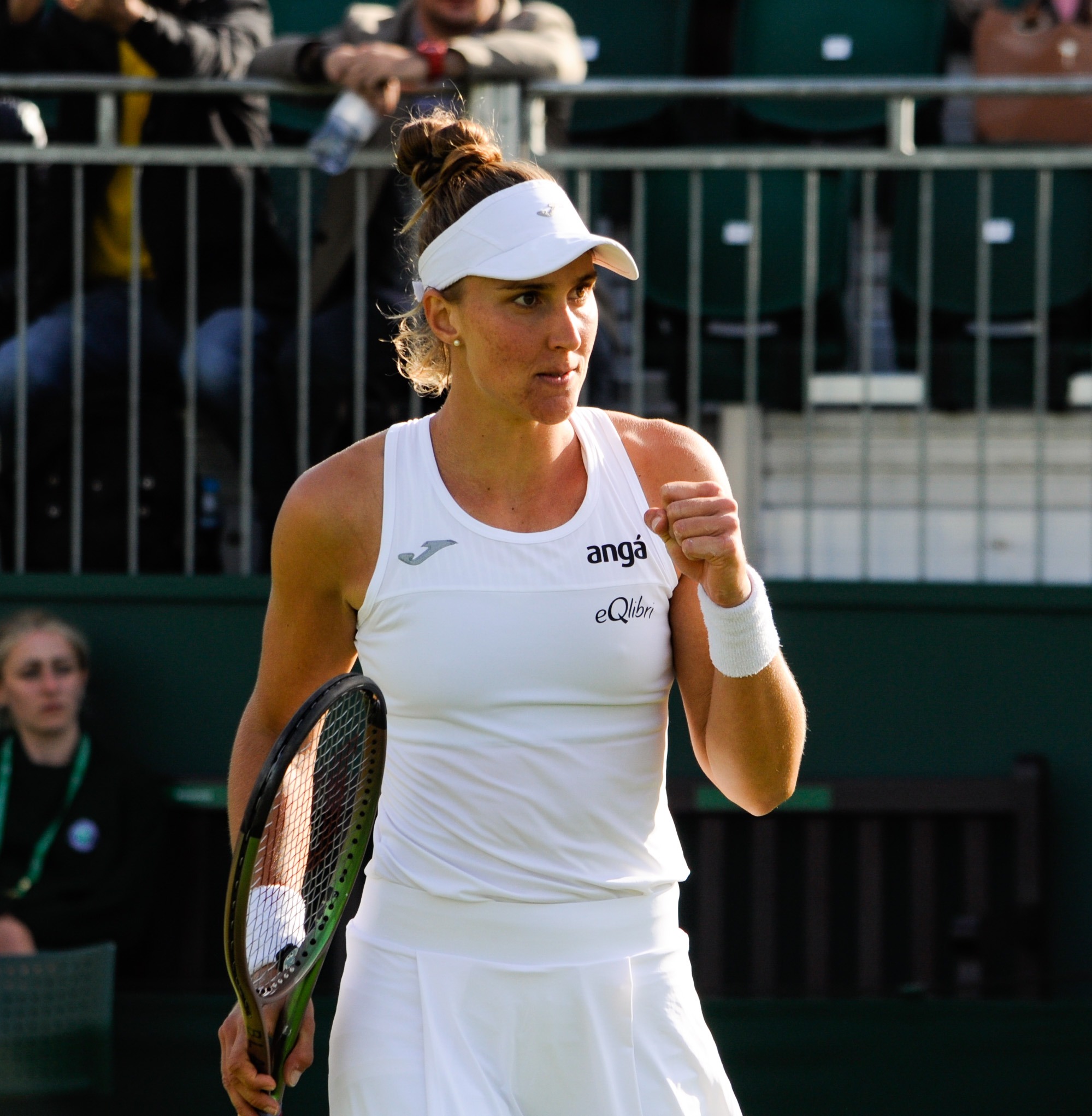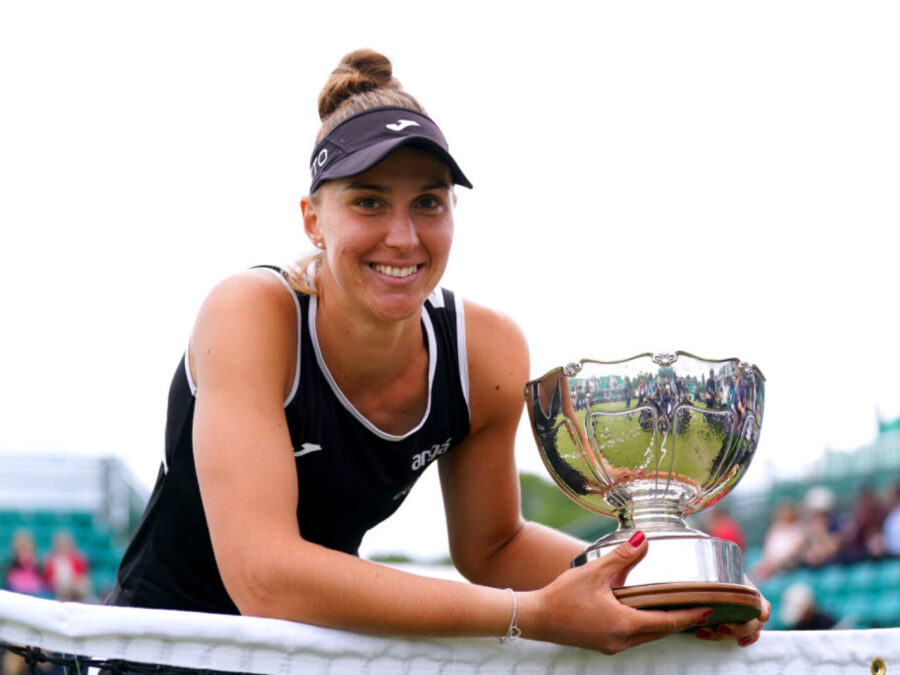She is the best South American tennis player of the moment and one of the best Brazilians ever, but people’s recognition might not be fair at all: “In Brazil, if you’re not Guga (Kuerten) or Ayrton Senna, you’re not enough,”.
Beatriz Haddad Maia is living a sweet present after a bitter past.
Injuries, surgeries and a ten-month suspension after testing positive in a doping control, blamed on cross-contamination, marked her last years.
Times that she is now forgetting with pleasure. She enjoys the taste of victory, of course. Especially if it is against the almost unbeatable world number one Iga Swiatek, during a big tournament. Also, when winning WTA events trophies for the first time in her career.
In Nottingham and Birmingham, she proved it. And she finds the greatest joy in the climax of the match: “To be four-all in the third, that’s the real pleasure for me.”
A great way to reappear on the world tennis radar, setting milestones for her country since the days of the legend María Esther Bueno.
She talks about this, and many other topics, during an interview with CLAY in two stages and two cities: London and New York
– Not many players have beaten Iga Swiatek this year. You did it in Canada and also that week you reached the final of a WTA 1000 tournament for the first time.
– It was a special week, it was very important to play a high level of tennis with big players on big courts, this is what we worked hard for, this is what we dreamed of. I made the most of it, I could have been eliminated in the first round, but there were moments when I held on. The sacrifice of carrying the discomfort is what makes it possible for you to live weeks like that. There are days that don’t go well, so you have to put extra discipline and humility.
– With your titles on the grass season, plus the final in Toronto, you’re back in the spotlight. How have you embraced that?
– My focus is on improving my tennis, so I don’t feed my ego people’s words. I’m happy with my work and I know very well what has got me this far. What changes is that every step gets harder, so I have to work harder.
– Between the grass season and the North American swing, you were able to return home for a while.
– I recovered, I stopped competing, but I didn’t stop working hard. I was going to play the clay tournaments, but because I did well, we switched to the US tour. The season is very long, so you have to take care of yourself. It takes work to get your body back, it doesn’t mean going to bed and just relaxing. I enjoyed the family a lot, I have a lot of cousins, I have a very close family and I tried to share with them all, especially my grandparents. I recharged my energy to be able to travel again.
– How do you look at tennis now that you are doing well, after such dark times, full of injuries and forced to be away due to your doping suspension?
– I just see that I have to work harder after everything I went through. I went through a lot of surgeries and a lot of complicated moments. A year almost out of tour. I learned that to improve I have to look at myself and not at the others. Sometimes we look outside for answers and excuses, and the most important thing is what we have under our control.
– How do you define your ability to overcome such dramatic circumstances?
– Resilience is one of my best qualities. Everything I went through was very, very tough. Now I’m here thanks to a lot of sacrifice. Also, we come from South America, be have a smaller budget, there are not as many girls as in Europe to share tournaments, coaches, we have only one WTA tournament, we don’t have as many opportunities, I don’t receive as many invitations as the others. There are no tournaments that are less than a six-hour flight from my home. But in the end, when you’re playing a five-setter, you get there stronger, because you had to go through a lot to be in that moment.

- Haddad Maia in Wimbledon 2022 / SEBASTIÁN VARELA







